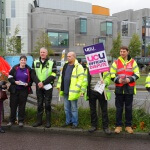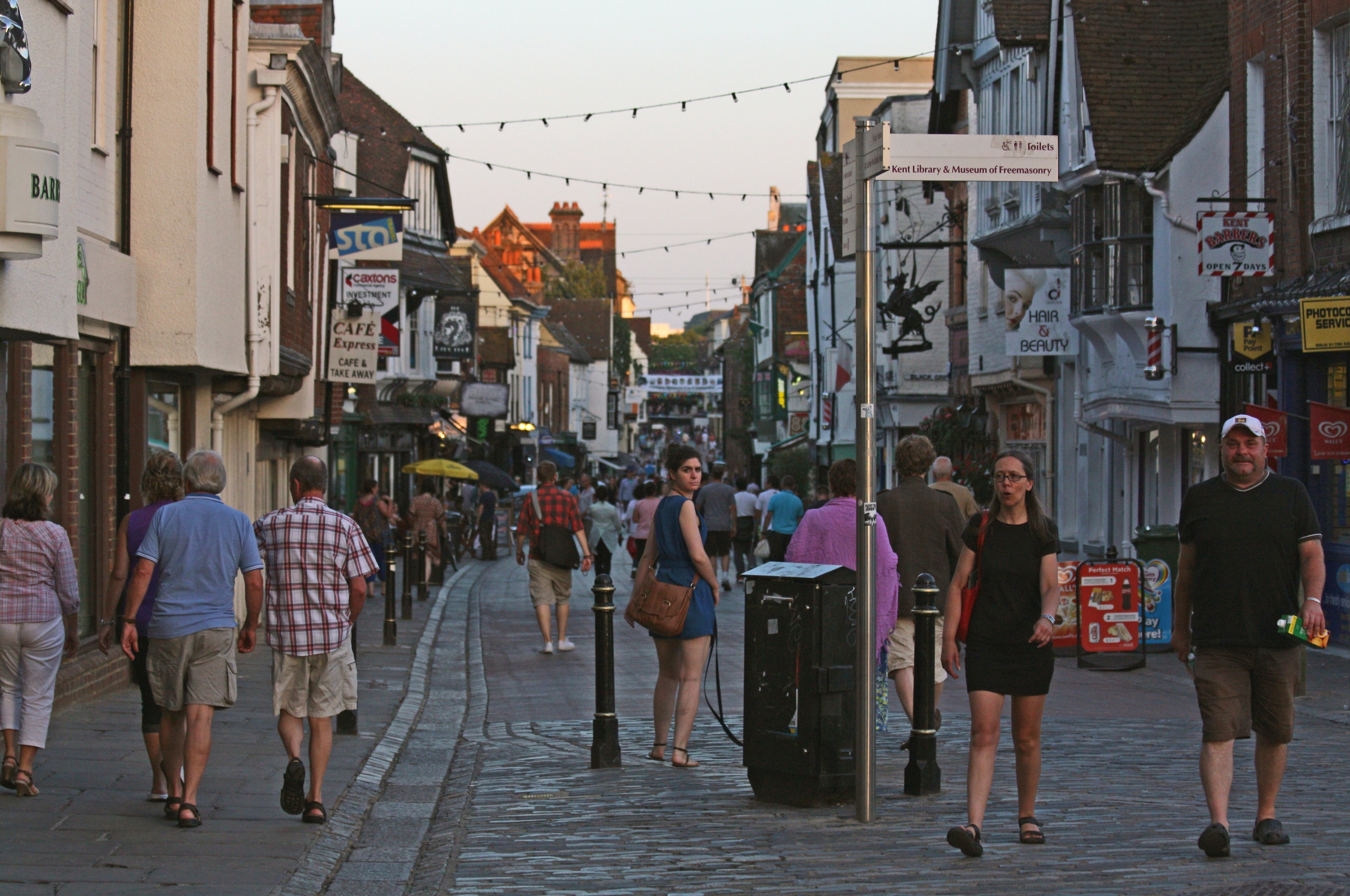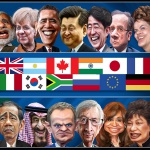
Bridging the Divide: Rectifying a Misunderstanding About Refugees
Anti-refugee sentiment typically begins with the presumptive belief that asylum seekers are in some way responsible for the unrest in their home country. This assumption portrays the refugee not as a victim, but as a potential threat; it establishes grounds on which the British citizen can criticize the refugee for coming to his or her country because of their perceived faults in their home state, reinforcing xenophobic fear. An anti-immigration proponent might mumble about the unfairness of the situation: ‘Why do they get to come to the Uk? They don’t belong. Why don’t they fix their own country?’ while, at the same time, giving sincere deference to English victims of terrorism.
This is not a proposal that the English gates be opened to every refugee, that would come with a whole host of difficulties, instead it is an appeal to British citizens to attempt to look beyond the statistics and understand the common humanity that has been lost in the public’s discourse over Islam. My understandings changed after I spoke to 18-year-old Syrian refugee who resettled in Kent. He wished to remain anonymous, and be referred to as O. (You can read the interview here http://www.inquirelive.co.uk/news/international/a-refugees-journey/ )
Before I sat down with him, I supported the typically left-leaning position on refugee immigration; but somewhere in the back of my head I was annoyed by refugees who don’t voluntarly jump at the opportunity to offer gratitude to their host nation.
Perhaps O fits this description. Though he is certainly grateful, he never angled his conversation toward positive descriptions of Britain except when asked. Many would consider the disposition mildly offensive, but, after talking to him for two hours, I would attribute this ostensible gap to a basic misunderstanding: a misunderstanding of differences.
This misunderstanding began by conflating the ‘enemy’ with the Middle East, which has been the battleground for our wars with Iraq, Afghanistan, ISIS, and other terrorist groups. This association has deep roots and is the basis for our inability to understand each other. Those of us who live comfortably in Britain cannot begin to understand the experiences of refugees who were violently pushed from their homes. If we only knew their life histories, we might better understand the difference between Islam and ISIS.
After the Manchester bombings O saw “Islam = Shit” spray painted on a wall near his school, the misunderstanding is obvious. At university he finds it difficult to engage fellow students who don’t seem to notice him. The lack of acknowledgment of refugees tarnishes O’s experience of British culture; it creates the facade of a cold society. Regardless, he stoically tries to embrace his new life. If only they knew who he was, and what he escaped.
O lost most of his family, including his own mother, to the civil war. I asked if he had any friends left in Syria; he didn’t know. He still tries calling the few people who are unable to leave, understanding that they might never pick up.
Western conceptions of the Islamic world are rife with images of our troops in Iraq, people jumping from the World Trade Centre, the devastation in Manchester, and the terrifying attacks in Paris. In 2016, however, 75% of all terrorist attacks took place in these ten countries: Iraq, Yemen, Pakistan, Turkey, Nigeria, India, the Philippines, Somalia, Afganistan, and Syria. Iraq alone suffered 12,186 terror attack casualties. The Syrian Observatory for Human Rights (SOHR) estimated that by mid-July 2017 18,243 children had been killed in the Syrian Civil War. O’s friends can be found in those statistics, and O is among the millions of Syrian citizens who mourned. O’s neighborhood in Syria was one of the first areas to be bombed by the government in 2011, the town is a graveyard of rubble.
The Western world immediately reaches out a hand to our neighboring countries after horrid attacks on their civilians, why do we fail to do the same for countries in the Middle East? They are not immune to hardship and suffer more than we care to imagine. This is where the misunderstanding must be bridged. We must clarify to ourselves that, regardless of nation, there are victims of terrorism and civil war that need a place to re-build their lives. The deference that is rightly given to those who lost loved ones in Manchester should be equally given to Syrian refugees who have been through much the same experience. We should no longer perceive refugees as a threat, but, instead see them as victims of an equally unwanted war.
A wall held together by mortar and misunderstanding separates the Western world from the Middle East. It’s time to break down the wall and bridge the divide.




























Discussions